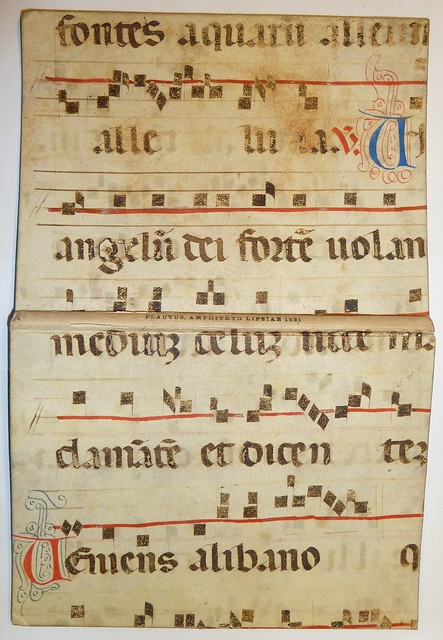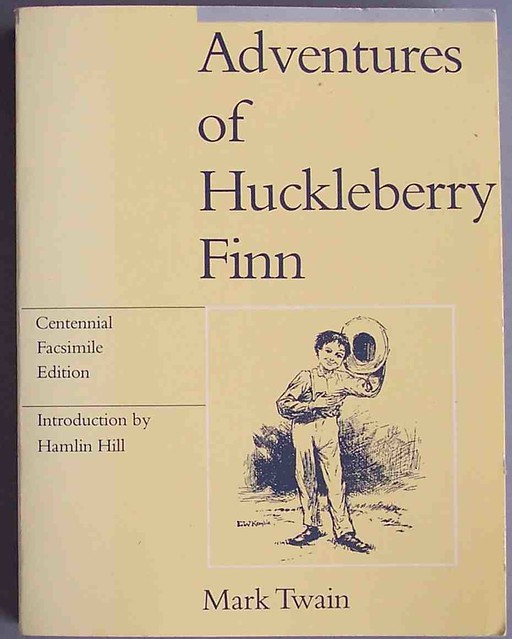Tuesday began with the class I am most excited for this summer, Reinventing Knowledge!
I know you're excited too! I am going to reinvent everything you thought you knew so you can spend the next 22 years relearning everything! See? Now you really ARE excited.
Ok, ok the really subject for our class is medium revolutions. Medium revo--what? Medium revolutions: How the form of knowledge changes the knowledge itself. From folk knowledge to oral knowledge to written knowledge to print knowledge. I would add pixel knowledge, because I tend to think of print knowledge as a book, but you are gaining knowledge, or reducing your ignorance, right now through the pixels of what ever screen your reading from!
During our first day discussion we touched mostly on ideas about knowledge from different mediums. As we discussed different mediums I really focused on the authority that follows each medium.
The authority for a medium relates to the source of that particular piece. Folk and oral knowledge rely on the authority of the person relaying the knowledge. People looked to the Sophists in their day as authority figures on oral knowledge and the way the words worked. As people began to use writing to transmit their knowledge each person would look to the author of his book to find authentication and authority when repeating the knowledge.
As printing came along books each became the same, in respect to their version, and authority came from the author and the printing house. A book published by Harvard, for example, probably contains more true knowledge than from Joe Shmoe, because Harvard's reputation is on the line. Also, if a book came out recently it must have more true knowledge.
But what about pixel knowledge? Frequently those attached to the authority of their printed knowledge decry the internet as too open. Wikipedia comes to mind for nearly everyone as the ultimate source for possible untruthful knowledge. Teachers want their students to find "real" sources when researching information on the internet.
I think that in the end it all comes back to the authority of the person spreading the information. Do you trust them to tell you the truth? Or is it possible they spread their version of the knowledge because they want everyone to believe it?
I know you're excited too! I am going to reinvent everything you thought you knew so you can spend the next 22 years relearning everything! See? Now you really ARE excited.
Ok, ok the really subject for our class is medium revolutions. Medium revo--what? Medium revolutions: How the form of knowledge changes the knowledge itself. From folk knowledge to oral knowledge to written knowledge to print knowledge. I would add pixel knowledge, because I tend to think of print knowledge as a book, but you are gaining knowledge, or reducing your ignorance, right now through the pixels of what ever screen your reading from!
During our first day discussion we touched mostly on ideas about knowledge from different mediums. As we discussed different mediums I really focused on the authority that follows each medium.
The authority for a medium relates to the source of that particular piece. Folk and oral knowledge rely on the authority of the person relaying the knowledge. People looked to the Sophists in their day as authority figures on oral knowledge and the way the words worked. As people began to use writing to transmit their knowledge each person would look to the author of his book to find authentication and authority when repeating the knowledge.
 |
| From kladcat, on Flickr. |
 |
| From cdrummbks on Flickr. |
I think that in the end it all comes back to the authority of the person spreading the information. Do you trust them to tell you the truth? Or is it possible they spread their version of the knowledge because they want everyone to believe it?
No comments:
Post a Comment